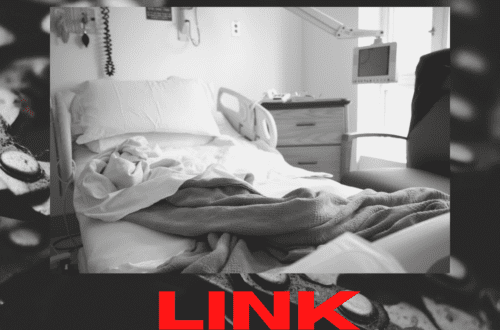
Diets Dont Work
How many diets have you been on? How many of them have you blamed yourself for not following through with them? How many of them are called lifestyle changes? There are thousands of different diets out there and everyone claims to have the answer to the quick fix of loss of weight. Well, I’m here to tell you that diets do not work.
In studies of diets, it has been proven that diets only work 2-5% of the time. If a surgeon told you an operation only had a 2-5% chance of you surviving would you take that chance.? What if the surgeon said that 95-98% of the time you would be worse off after the surgery than where you started? Those are the staggering results of diets. 95-98% of the time when you go on a diet you will be worse off than where you started. You will lose weight initially but in an average period of 5 years all the weight will return and possibly even more.
The fact of the matter is that when you start restricting foods or groups of food from your intake, your body goes into starvation mode. The body is very smart and will protect the internal organs at all costs. It will slow down your metabolism so it does not take as much food to operate your body. In this case when metabolism slows, you will feel cold, you will be tired, you will always be thinking about food. Your brain will become cloudy and your memory will fail. You will have loss of clarity on things you normally do. The body wants food and you will become obsessed with food because your body wants nutrition.
Yo-yo dieting is the most common reason for low metabolism and the starvation symptoms.
Some of the more commons symptoms of starvation are:
- Gas
- Bloating
- Constipation and/or diarrhoea
- Reflux or heartburn
- Low energy or fatigue
- Increased hunger and food cravings
- Reduced libido
- Edema — fluid retention, especially in the calves or ankles
- Anxiety and depression
- Weight gain or stubborn weight loss
- Loss of muscle mass
- Irregularity or cessation of periods in women
- Low immunity, recurring and/or prolonged colds and flu
- Sleep disturbances
- Changes in mood
- High probability of developing a life threatening eating disorder
How do you get out of this cycle?
- Easy answer – eat. You need to be eating enough to maintain your metabolism. You actually need to eat more than you think you do.
- Eat at a minimum every 2-3 hours a day. The more food you give your body the more you metabolism will be maintained.
- If you are active and exercising regularly, you will need even more food than if you were sedentary.
- Eat a variety of foods. Eat food from all food groups. Each food group has a function for your body and will help to maintain your metabolism.
- Listen to your body. If it’s hungry, no matter if you ate an hour ago, eat something. When you’re full, stop. The biggest cause of binges is restriction. The more you restrict the higher your chances are of binging which leads to guilt and shame.
Freedom from food obsessions and the associated symptoms of starvation is available. I would suggest reading the book by Evelyn Tribole and Elyse Reich called Intuitive Eating. You eat when you’re hungry and stop when you’re full. It’s really the only way to properly feed your body both for physical, mental and psychological needs.




